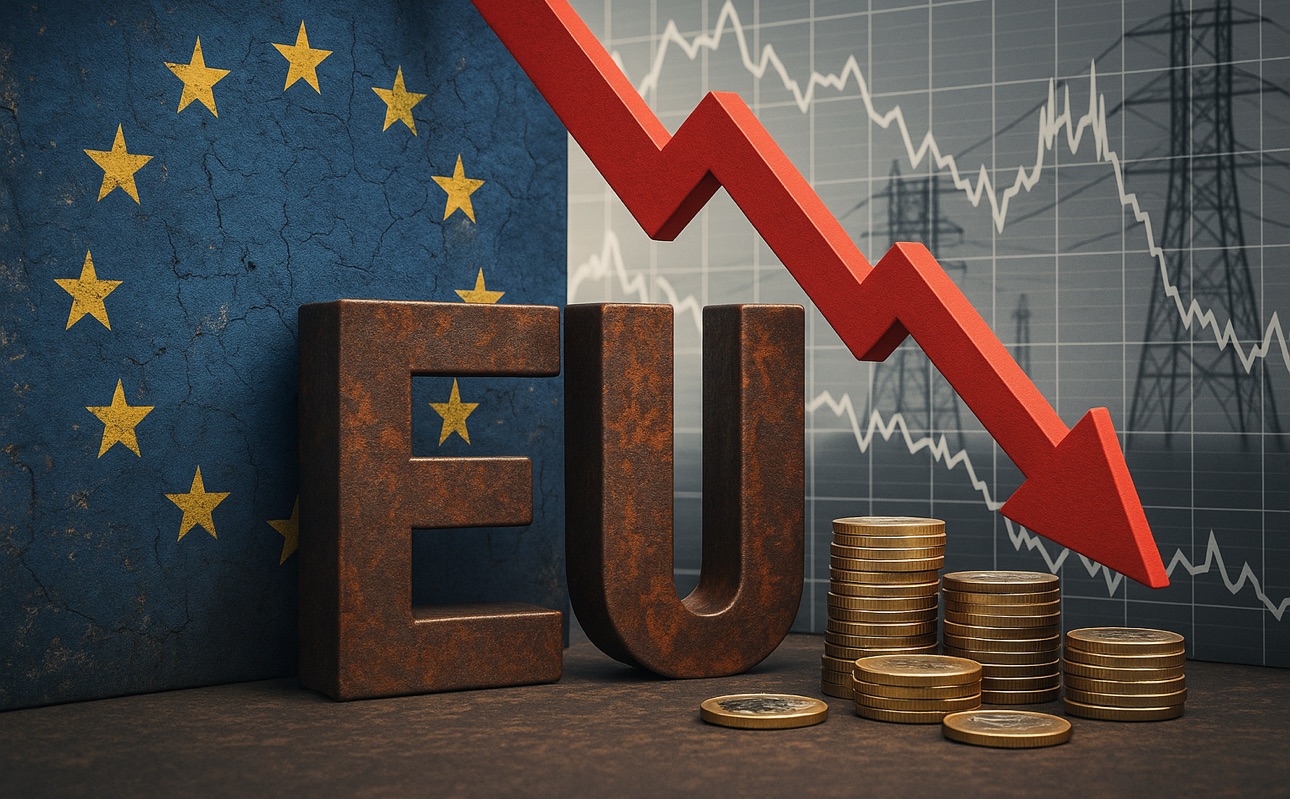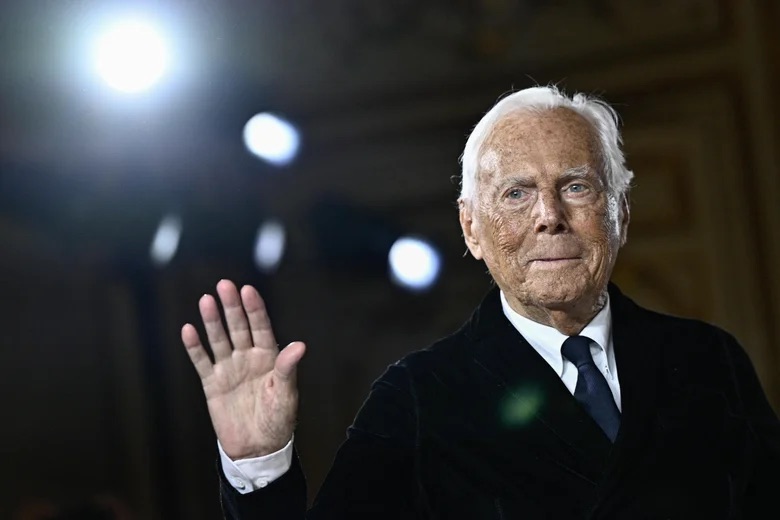Former European Central Bank president highlights sluggish reforms, high energy costs and regulatory hurdles as barriers to the bloc’s economic future
The European Union risks losing ground on the global stage if it fails to move forward more decisively with structural reforms and strategic investments. The warning comes from Mario Draghi, former president of the European Central Bank and one of the most influential voices in Europe’s economic policy.
According to Draghi, Europe’s stagnating growth is directly linked to a combination of factors: sluggish implementation of reforms, insufficient investment in strategic sectors, high energy costs and regulatory and infrastructure constraints that leave the bloc less competitive compared with other regions such as the United States and Asia.
He argues that the EU must act with greater urgency to avoid jeopardising its relevance in the global economy. “We are falling behind not because we lack talent or capacity, but because our rules and our pace are not keeping up with the speed of global economic transformation,” Draghi stressed.
The report prepared by Draghi presents more than 380 recommendations to revitalise Europe’s economy, covering areas such as clean energy, digital infrastructure, innovation and private-sector stimulus. Yet, to date, little more than 11% of these proposals have seen tangible progress.
The situation is further complicated by an ageing population and mounting pressures on healthcare and pension systems – challenges that demand stronger economic performance to sustain future generations. For Draghi, the solution lies in a coordinated effort among EU member states, overcoming political divisions and prioritising collective competitiveness.
While Europe remains a global leader in areas such as medical technology, renewable energy and sustainable economy, it faces structural barriers that could curb its long-term potential. The inability to modernise swiftly risks allowing external powers to strengthen their dominance, particularly in innovation and global trade.
The challenge is clear: the European Union must strike a balance between its regulatory tradition and the need for speed and boldness if it is to secure not only stability but also leadership in an ever-changing economic landscape.







